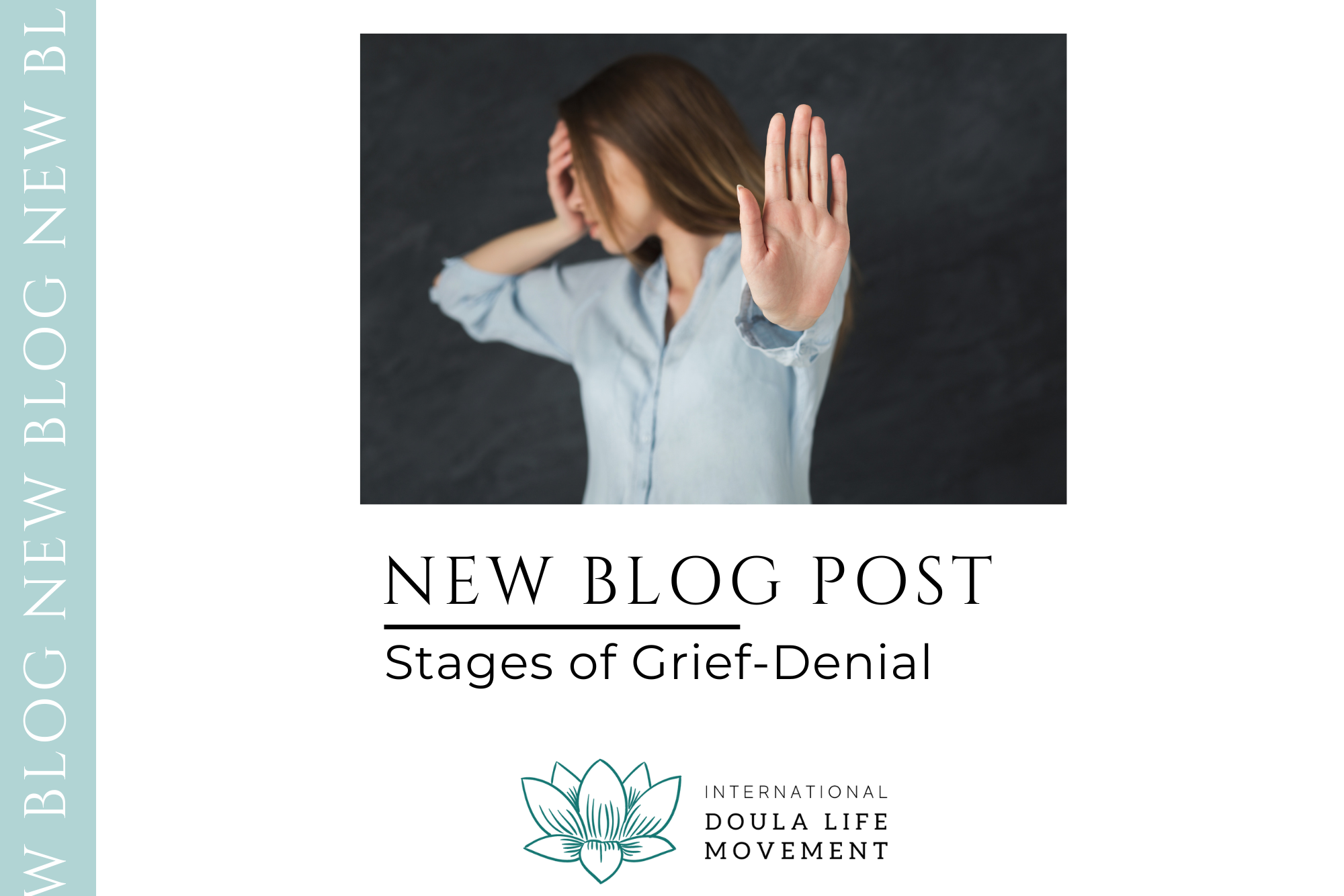Clients who reach out to engage the services of an end of life doula all have one thing in common—for one reason or another, death is on their mind. More often than not, their death or the death of someone close to them will be happening fairly soon and they know it.
This means the people we deal with are generally going through a stressful time. Everyone copes with stress and grief in their own unique way, and the fact that we often deal with families and other group dynamics means there are lots of different potential attitudes to encounter. The people we work with might be anxious, asking lots of questions and repeating themselves often because they feel unsure. They might be surly and uncommunicative. Or they might seem like they have no idea at all that anything is wrong.
This last type of person can seem confusing if it is something you haven’t dealt with before, or aren’t expecting. Is it possible they don’t know anything is wrong? Some families don’t talk openly about death, even with a person who is dying. Does it then become your job to tell them, or are you supposed to be careful and also pretend that everything is okay, so you don’t upset anyone by telling them something you aren’t supposed to?
Well, if there are multiple people involved and you have a real concern that information is not being shared, it might be a good idea to ask someone who definitely knows what is happening. But more often than not, the person who is acting like everything is totally normal and nothing has changed knows that that isn’t true—they just haven’t finished processing the fact of their loss. They don’t know how they’re supposed to act under these new (and probably undesired) circumstances, so they stick to acting like everything is business as usual because that’s what they know how to do.
Elisabeth Kubler-Ross defined this type of behavior as the “denial” phase of grieving. It is perfectly natural and very common, especially when the bad news—a terminal diagnosis, a sudden unexpected death—is still fresh, when a person hasn’t had enough time to adjust to their new reality. Kubler-Ross even discussed how a certain level of denial can be healthy in some ways, allowing a person to mentally set aside their grief or anxiety for a brief time in order to handle other aspects of life that need their attention.
As a doula, it is not your job to force someone out of their state of denial, except in cases of real emergency. Much more often, just the fact of your being there will help to turn their mind toward the situation at hand and what it all means. If they are someone who needs to be making decisions, you can use gentle questions: “Do you feel ready to make a plan right now?” or “Can I help you get your documents together?” If the person is resistant enough and there is time, it might even be best to reschedule—but be firm about keeping your appointments! A person in denial may not want to think too hard about the situation, but leaving them a Barbara Karnes booklet, and checking back with them to see if they’ve read it or would be willing to have you read it with them, can also help.
The most important thing is to give them as much space as can be allowed, with a lot of patience and compassion. The grief process is long and involves lots of difficult emotions. Better not to rush things when you don’t have to.






